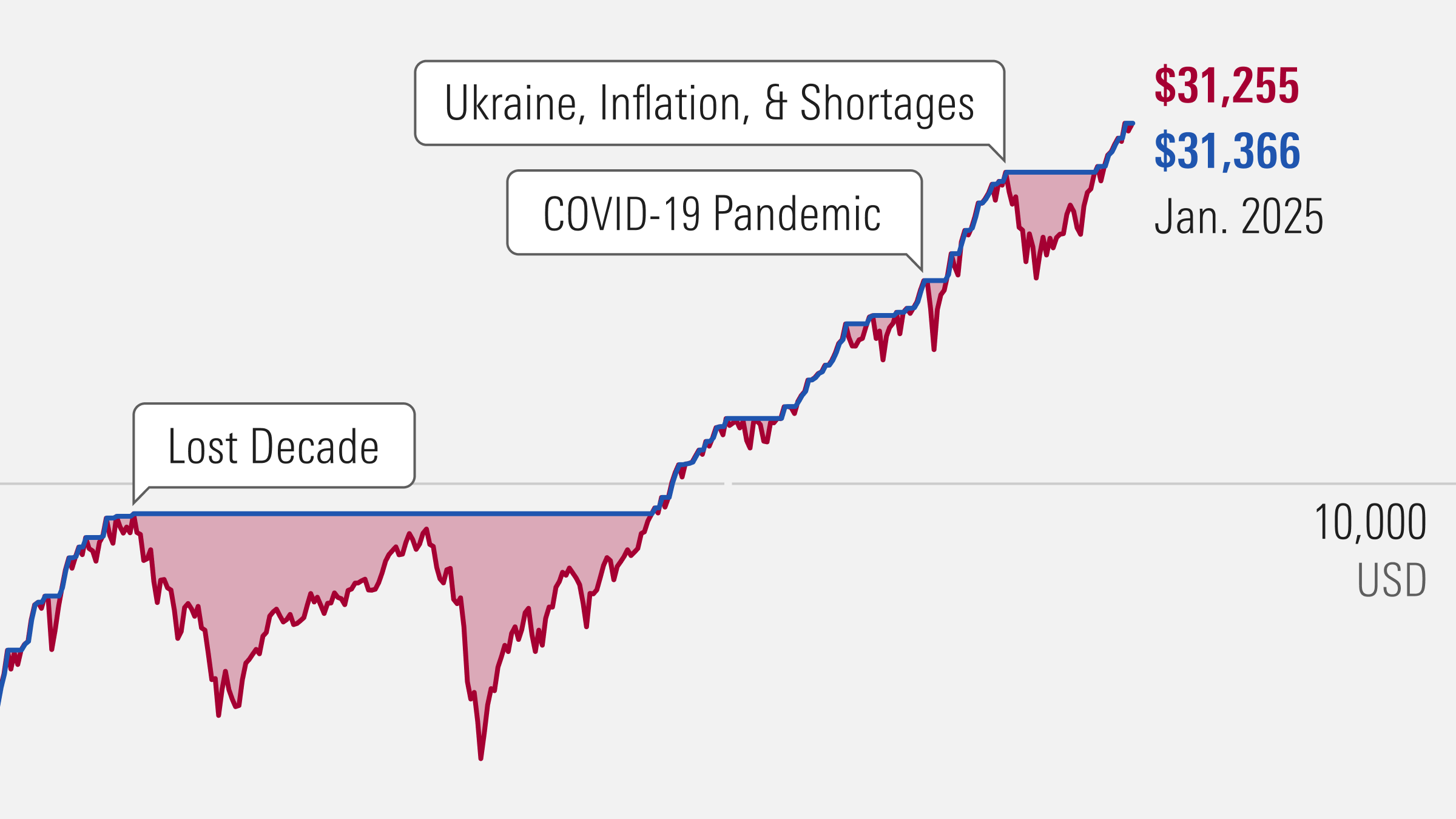
Recently, I read in the Financial Times an article with the headline "Even Non-ESG Funds Now Have a Greenish Tinge." The author, Merryn Somerset Webb, argued that investors have fewer choices than the externally visible ESG marketing suggests.
European regulation is moving in the direction of combating greenwashing, i.e. ensuring that all financial instruments claiming to be sustainable are truly sustainable according to established EU standards. The SFDR (Sustainable Finance Disclosure Regulation) aims to increase transparency on the degree of sustainability of financial products. Knowing whether a fund falls under Article 8 of the regulation, i.e. has "sustainable characteristics", or 9 ("sustainable objectives") is a first step, but more in-depth analysis is needed to understand at what level environmental, social and governance factors are incorporated into investment processes and in the asset manager’s organization.
The Morningstar ESG Commitment Level, a new qualitative measure unveiled at the end of last year, can help investors better understand how ESG factors inform investment strategies, and also which funds and asset managers are committed to delivering the ESG outcomes that best meet investors' sustainability preferences.
A Culture of Sustainable Investing
As flows to sustainable products have skyrocketed in recent years, more and more asset managers have launched ESG strategies to meet the rising demand. In Europe, we counted 3,444 sustainable funds (as of the end of March). But having a wide range of ESG products doesn’t mean that the asset manager is sustainable. According to Morningstar research, it takes time to develop a culture of sustainable investing. For this reason, firms with a long history of ESG investing practices, together with a well-integrated central philosophy of sustainability, have an edge over peers that are newer to the space. Of the three pillars that make up the Morningstar ESG Commitment Level for Asset Managers, Philosophy & Process receive the highest weighting, at 40% of the overall score. For best asset manager, sustainable investing is core to the firm’s identity. The firm operates from a shared belief that sustainability goals go hand in hand with financial return, and this is reflected at all levels of the organization. Policies go beyond ESG risk mitigation to capitalizing on ESG opportunities and driving impact.
Resources and Data
Sustainable investing is complex and requires robust resources, in terms of people, data, and systems. The asset managers who sit at the higher end of the spectrum boast well-staffed, well-integrated teams of ESG experts in addition to robust, effective ESG data and research. ESG specialists work closely with the investment teams and they demonstrate a high level of ESG expertise. The firm is committed to ongoing training to stay at the forefront of sustainability research. ESG is a key component of compensation incentives for all teams. Another key factor is having developed a robust and innovative proprietary framework for evaluating sustainability issues. This framework is time-tested and spans all asset classes and investment mandates. For the strongest asset managers, access to multiple data sources is essential, but quality is more important than quantity.
Active Ownership
With the growth in fund investing over the past 30 years and the more recent rise in passive investing, asset managers have become powerful investors who hold a growing proportion of shares in public equities markets and a stronger influence over corporate governance practices via the votes represented by these holdings. Active ownership includes proxy voting, engagement, filing shareholder resolutions, and other forms of influence that investors can use as financial stakeholders. These can be used in combination as complementary strategies to manage investment risk, create and identify investment opportunities, and to strengthen the resilience of capital markets. Much of the momentum behind the global investment stewardship movement comes from rising public concern and a growing sense of political urgency about the climate crisis. Since the Paris Agreement on climate, active ownership is viewed as an indispensable tool in shaping corporate behavior toward the global goal of net zero carbon emissions by 2050. Active ownership is one of three pillars in how Morningstar evaluates an asset manager’s ESG Commitment Level. It contributes 30% towards the overall evaluation. The most highly-rated firms have detailed guidance plus investor briefs that explain asset manager’s position on key ESG themes. They have multistage engagement and regular and detailed reports on proxy voting and engagement.
A Second Round of Assessment
Last November, Morningstar’s research team shared the first round of ESG Commitment Level evaluations, which consisted of 146 funds, representing 107 individual strategies, and 40 asset managers spread across the globe. Recently, they unveiled the results of the second round of evaluations, which consists of 251 funds, representing 140 strategies, and 31 asset managers.
Out of the 31 asset managers assessed, only one was awarded the top accolade of Leader, Australian group Affirmative Investment Management. Five firms, including Amundi, BNP Paribas Asset Management, HSBC Global Asset Management, Jupiter, and LGIM earned the Advanced level. These firms are among the industry’s strongest ESG proponents. While they are deliberate in integrating ESG considerations into their investment processes using robust resources and formal monitoring, there are areas of their combined portfolios to which ESG investing principles are not deliberately applied, unlike asset managers assigned to the Leader level.
Advanced Asset Managers

The largest group of asset managers (13) received an ESG Commitment Level of Basic, including Allianz Global Investors, Invesco, JPMorgan, State Street, and T. Rowe Price. Some are still in the early stages of their ESG incorporation journey, while others are much further along, although not far enough to be classified as Advanced. Finally, 12 groups earned an ESG Commitment Level of Low, including Franklin Templeton, Janus Henderson, Mellon Investments, and VanEck. Firms at this level are typically just getting started on incorporating ESG considerations into their investment processes, using ESG criteria in a limited or more-variable way, or simply not incorporating ESG research at all.


















